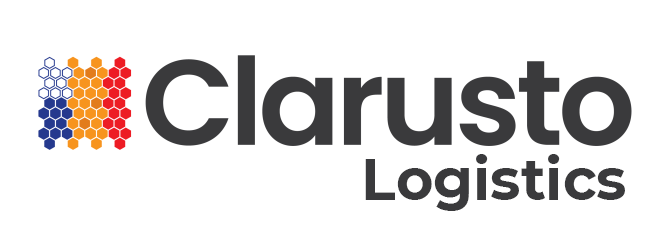Discover how neuromarketing uses brainwave studies to predict consumer demand, optimizing logistics strategies and revolutionizing the supply chain. Introduction: Neuromarketing for logistics is gaining traction as businesses increasingly turn to innovative approaches to understand and predict consumer behavior in today’s data-driven world. One such groundbreaking methodology is neuromarketing, a discipline combining neuroscience and marketing to analyze brain activity and its influence on decision-making. The potential for neuromarketing to revolutionize logistics is immense, offering ways to forecast consumer demand with precision and refine supply chain strategies effectively. What is Neuromarketing? Studying consumers’ neurological responses to various stimuli—ads, products, packaging, or pricing—offers valuable insights. Tools like functional magnetic resonance imaging (fMRI) and electroencephalography (EEG) measure brain activity, revealing subconscious preferences and emotional triggers. Applied to logistics, these insights help companies predict buying patterns, enabling them to anticipate and meet customer demand with greater accuracy. Neuromarketing delves into consumers’ neurological responses to stimuli like ads, packaging, and pricing using tools like fMRI and EEG. Applied to logistics, it helps predict buying patterns, optimize inventory management, enhance customer experiences, and improve demand forecasting for seamless operations. Predicting Consumer Behavior with Brain Data Traditional consumer behavior studies rely on surveys or focus groups, which can be subjective. however, taps into subconscious reactions, providing more authentic and reliable data. By analyzing brainwave patterns, logistics companies can: Refining Supply Chain Strategies Neuromarket’s ability to anticipate demand has profound implications for supply chain management. From production to delivery, brain data can refine each step to maximize efficiency: Neuromarketing in Action: Real-World Examples Several companies are already leveraging Neuromarketing for Logistics techniques to transform their operations. For instance: Ethical Considerations in Neuromarketing While the benefits of neuromarket are clear, ethical concerns must be addressed. Using brain data raises questions about privacy and consent. It is crucial for companies to ensure transparency and obtain explicit permission before conducting brainwave studies. Additionally, the misuse of such data for manipulative purposes could harm consumer trust. Future Prospects of Neuromarketing in Logistics The intersection of logistics is still in its infancy, but the possibilities are vast. As technology evolves, we can expect: Conclusion The application of neuromarket in logistics is a game-changer, empowering businesses to predict consumer behavior with unprecedented accuracy. By harnessing brainwave data, companies can refine their supply chain strategies, optimize inventory, and deliver personalized experiences to customers. While ethical considerations must be prioritized, the future of logistics lies in leveraging neuroscience to unlock deeper consumer insights.

